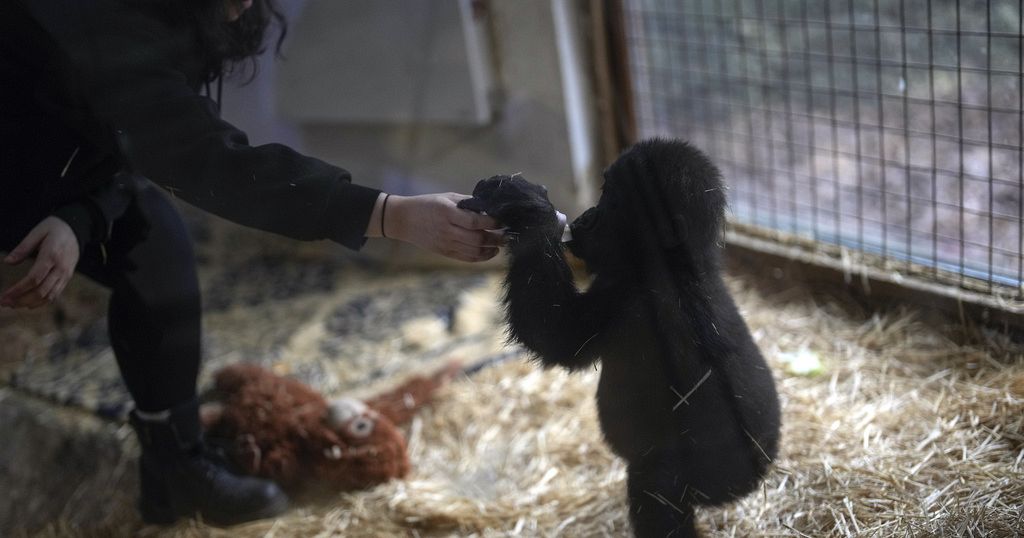Scientists use new technology and AI to discover animal intelligence

With advanced technology and the help of AI, scientists are increasingly discovering proof that many animals are much smarter than previously thought.
From self-medicating great apes to elephants that call one another by individual names, the wonderful world of nature was full of fascinating discoveries throughout 2024.
In June, biologists from Colorado State University in the United States published a paper suggesting African elephants respond to individual names.
These unique names are in the form of complex low rumbles that can be heard over long distances across the savannah.
They used machine learning to detect the use of names in recordings made in Kenya’s Samburu National Reserve and Amboseli National Park.
The biologists then tested their results by playing them back to individual elephants, who responded more energetically, flapping their ears and lifting their trunks, to those that contained their name.
“Elephants do these really interesting behaviours where sometimes when they’re in a big group of females or a mate check of a group will give a call. The entire group will respond, they’ll group up around her or they’ll follow her,” said co-author George Wittemyer.
“Then at other times, she gives seemingly a very similar call and nobody will respond, nobody will react, except for a single elephant. So that indicates that they have a means by which to communicate to who they want to talk to.”
But elephants are not the only ones.
Scientists have long known that marine animals communicate underwater, including the songs sung by humpback whales and whistles used by dolphins.
But this year, researchers studying sperm whales in the Caribbean said they believe their set of clicks could make up a sort of “phonetic alphabet” that they can use to build the rough equivalent of what people think of as words and phrases.
In addition to communication using sound, researchers at Italy’s University of Pisa and University of Turin in a separate study discovered that bottlenose dolphins “smile” at one another to communicate during play.
Everyone knows chimps are clever.
But research from the University of Oxford released this year points to them having a sophisticated medicinal culture, seeking out plants with strong anti-bacterial and anti-inflammatory effects.
The study followed two chimp communities over several months, tracking sick animals and the plants they searched for.
Out of the wild, many dog owners have the sense that their pets understand human language more than just simple commands.
They do not only respond to verbal cues like “sit” and “stay,” but also ones that refer to their favourite toys, the car, and even the bath.
But science has had trouble determining whether dogs genuinely activate a mental image when they hear the name of an object, something that would suggest a deeper grasp of language similar to that possessed by humans.
In March this year, a study in Hungary found that dogs can learn to associate words with specific objects – a relationship with language called referential understanding that had been unproven in dogs until now.
Source: Africanews















